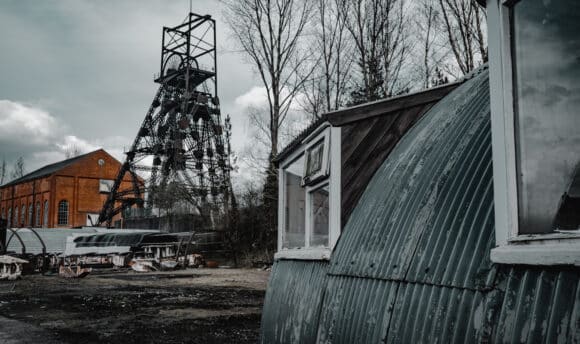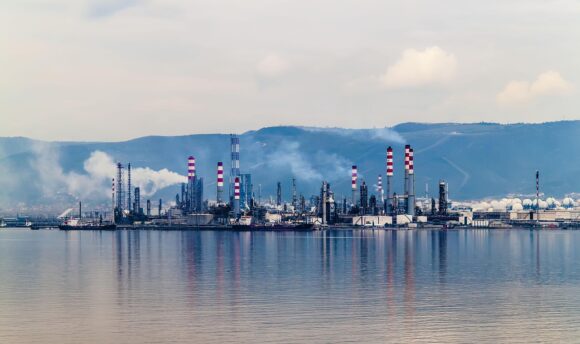Munich RE cautioned against climate change long before others. The reinsurer has raised the issue since the 1970s. “We are the ones warning,” reiterated CEO Joachim Wenning at Munich RE’s Annual General Meeting on 25 April 2018. He made clear that he understands what the Paris climate agreement means: That global carbon dioxide emissions need to go down to zero by 2050 and that this requires a fundamental transformation of energy production.
Yet, at the AGM it became obvious that Munich RE doesn’t want to walk the talk when it comes to investing in and insuring fossil fuels, especially coal. While Munich RE actively supports the energy transition by investing in and insuring renewable energy projects, it will not stop investing in and insuring coal. When pressed on the contradiction between doing the good (supporting the energy transition) and continuing the bad (supporting coal) and thus actively supporting the forces that do everything to hinder the energy transition, Munich RE didn’t really answer. Concrete questions on its coal business in Poland where dismissed as touching business confidentiality.
Jan Chudzyński, from the foundation “Development Yes – Open-Pit Mines NO” in Poland made it clear that action is needed on insuring coal in Poland. “Development Yes – Open-Pit Mines NO” is working against coal-fired power and for an energy transition in Poland. It discovered that Munich RE’s Polish subsidiary Ergo Hestia has been involved in over 15 insurance contracts for the Polish coal industry since 2013. Insurance policies still actively cover companies such as Enea, the operator of Kozienice, the second largest coal-fired power plant in Poland. It also covers ZE PAK, an energy company planning to develop three new open pit mines with a capacity of one billion tonnes of lignite (the dirtiest type of coal). Other contracts cover PGE, which is building a new coal-fired power plant in Opole, operates lignite mines in Turow and wants to develop new open pit lignite mines. As a reinsurer, Munich Re also supports the Polish insurer PZU, whose clients include almost all major Polish coal companies.
These transactions prevent an energy transition in Poland and, therefore, severely harm the climate. What is more, the coal industry is damaging public health: air pollution in many Polish cities is above average, claiming victims in Poland and beyond. However, “no comment, confidential business” was their only response to this issue. It is a real pity that “the ones that are warning” are not taking their own warnings into account: There was no mention of ceasing to insure coal plants or mines.
Munich Re has also only taken baby steps when it comes to divestment, applying an exclusion policy to shares in companies that generate more than 50% of their income from coal production or coal-based electricity generation. However, this policy does not apply to corporate bonds that play an important role in financing coal companies. It is therefore not surprising that research conducted last summer by Profundo found bonds from Eskom, AES, RWE and CEZ in Munich Re’s portfolio. These are all companies with new coal-fired power plants in the pipeline, thus pushing the world down a 4° temperature rise path rather than one well below 2°C as set out in the Paris Agreement.
Divestment from coal companies is not only reasonable from a climate protection angle but also for economic reasons: “Coal is dead”, was the recent verdict of a manager at Blackrock. Unfortunately, Munich RE’s board did not address this point at the AGM.
At worst, Munich RE sees climate change not only as a threat, but also as an opportunity for new business in the field of catastrophe protection. More public pressure is needed in order to force the company to take its warnings regarding climate change more seriously and stop supporting the coal industry.



